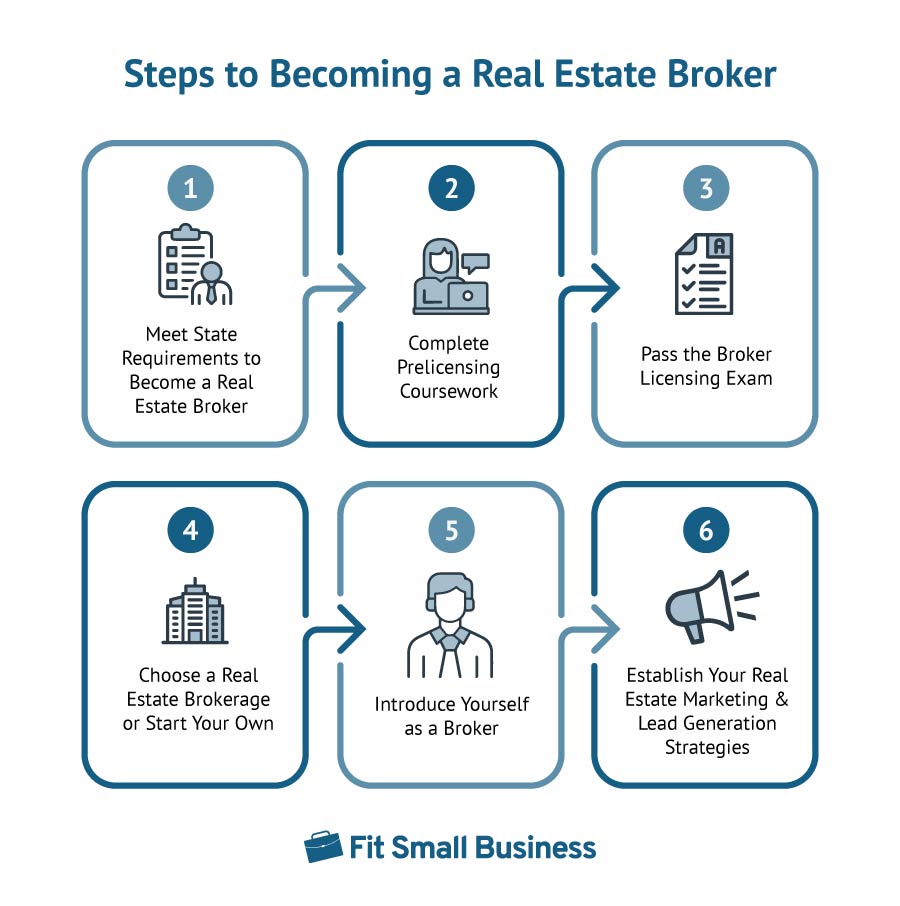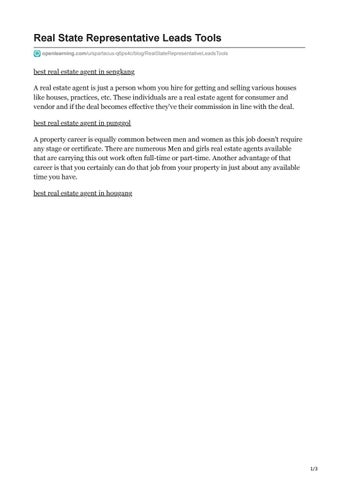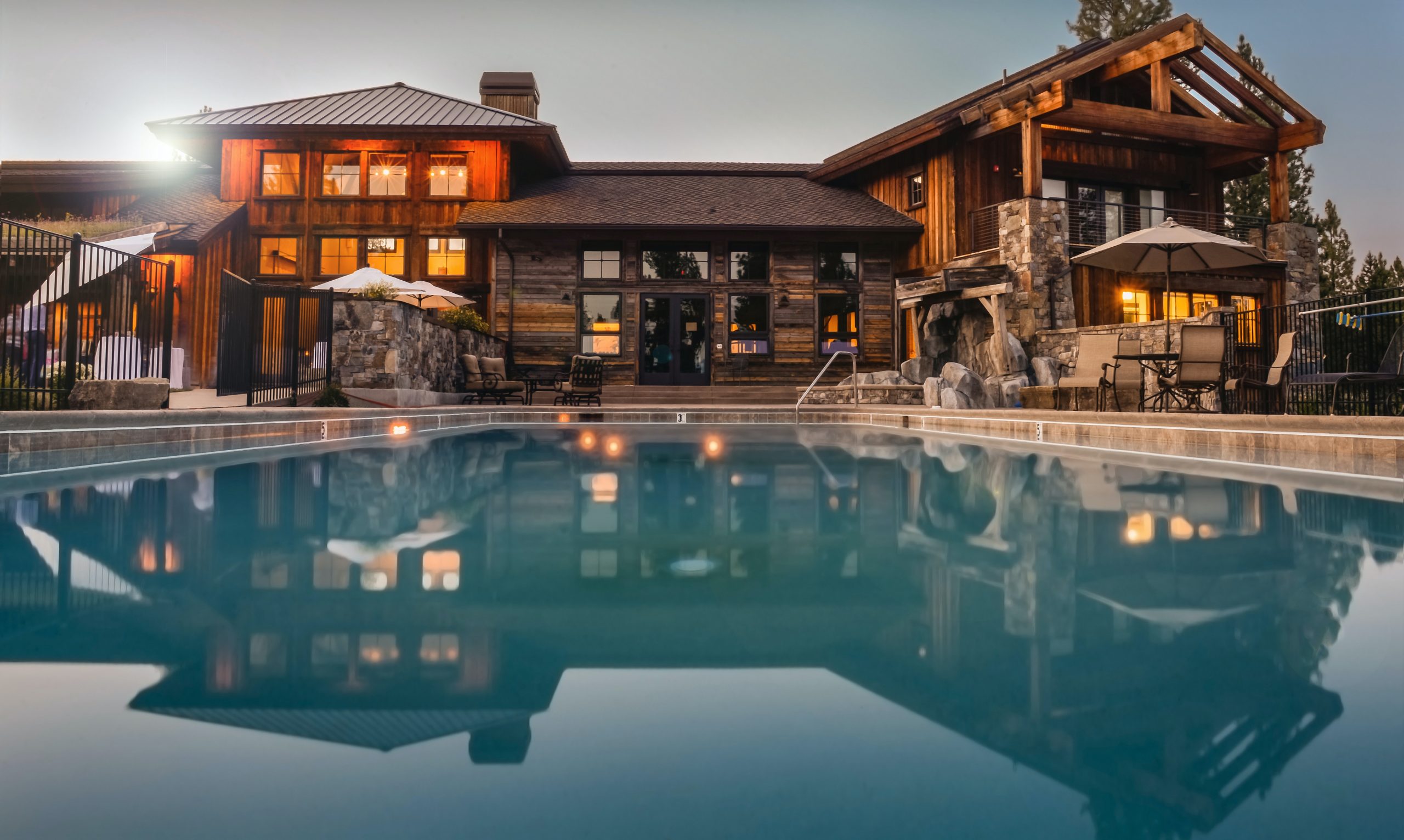
The term contingent offers is used to describe a contract for real estate in which one of the parties is required to fulfill certain conditions, before the sale can be finalized. These include financing, inspections of the home and others. These are a way to protect buyers from losing money in the event that the contract terms don't match their expectations.
Whether you're a buyer or a seller, there are times when it is best to make an offer that is contingent on the condition that something happens. This is a great way to make sure you can buy the home of your dreams.
If You Are Buying a House With a Contingent Offer
If a buyer is unhappy with their home inspection, they will want to put in a conditional bid on the house. This is a professional home inspection that's performed to identify any property issues which could cause problems if a buyer decided to buy the property.

This can include mold, termites or structural damage. These problems can be costly to fix. A buyer with a contingent offer has the option of backing out of the deal or renegotiating the price.
You Can Make a Contingent Purchase Offer if You Are a Buyer
In today's market, the majority of contingent offers fail. An appraisal comes back lower than the sale price that was agreed upon, or the buyer can't get financing on time. These types of offers are often rejected by sellers.
In this situation, you have two choices: Sell the home yourself, or wait for it to expire. If you choose to sell your house, there will be less competition on the market and a greater chance that it will close.
No matter what option you decide on, it is important to always discuss the details with your real-estate agent. They will help you understand how the contingency works, what it involves and when.

It is never wise to reject a conditional offer
A home inspection is one of the most important contingencies in any real-estate sale. This is the only way you can find out everything you need about a property before you sign any contract and deposit earnest money.
You should include a "kick-out" clause in your contract if you are a seller. This will allow you to accept and show other offers throughout this time period. If you receive a better bid, then you can remove the condition and go ahead with the purchase.
Depending on what you need, you might also want to rent for a short time before closing. This is a great way to get into the house of your dreams and save your money while you're searching for a new home. It's also a good way to protect yourself from selling your current home too quickly, as a buyer who puts down an earnest money deposit on a home that doesn't turn out to be what they expected can often leave the deal with nothing.
FAQ
What can I do to fix my roof?
Roofs can burst due to weather, age, wear and neglect. Roofing contractors can help with minor repairs and replacements. Contact us for more information.
What are the drawbacks of a fixed rate mortgage?
Fixed-rate loans have higher initial fees than adjustable-rate ones. If you decide to sell your house before the term ends, the difference between the sale price of your home and the outstanding balance could result in a significant loss.
Do I require flood insurance?
Flood Insurance covers flooding-related damages. Flood insurance protects your possessions and your mortgage payments. Find out more information on flood insurance.
Can I get a second loan?
Yes, but it's advisable to consult a professional when deciding whether or not to obtain one. A second mortgage is often used to consolidate existing loans or to finance home improvement projects.
Should I rent or buy a condominium?
Renting could be a good choice if you intend to rent your condo for a shorter period. Renting lets you save on maintenance fees as well as other monthly fees. You can also buy a condo to own the unit. The space is yours to use as you please.
How many times may I refinance my home mortgage?
This will depend on whether you are refinancing through another lender or a mortgage broker. In either case, you can usually refinance once every five years.
How much money do I need to save before buying a home?
It all depends on how long your plan to stay there. Start saving now if your goal is to remain there for at least five more years. You don't have too much to worry about if you plan on moving in the next two years.
Statistics
- This means that all of your housing-related expenses each month do not exceed 43% of your monthly income. (fortunebuilders.com)
- The FHA sets its desirable debt-to-income ratio at 43%. (fortunebuilders.com)
- This seems to be a more popular trend as the U.S. Census Bureau reports the homeownership rate was around 65% last year. (fortunebuilders.com)
- Private mortgage insurance may be required for conventional loans when the borrower puts less than 20% down.4 FHA loans are mortgage loans issued by private lenders and backed by the federal government. (investopedia.com)
- Some experts hypothesize that rates will hit five percent by the second half of 2018, but there has been no official confirmation one way or the other. (fortunebuilders.com)
External Links
How To
How do you find an apartment?
The first step in moving to a new location is to find an apartment. This requires planning and research. This involves researching and planning for the best neighborhood. This can be done in many ways, but some are more straightforward than others. The following steps should be considered before renting an apartment.
-
Data can be collected offline or online for research into neighborhoods. Websites such as Yelp. Zillow. Trulia.com and Realtor.com are some examples of online resources. Offline sources include local newspapers, real estate agents, landlords, friends, neighbors, and social media.
-
See reviews about the place you are interested in moving to. Yelp. TripAdvisor. Amazon.com have detailed reviews about houses and apartments. Local newspaper articles can be found in the library.
-
Make phone calls to get additional information about the area and talk to people who have lived there. Ask them what they loved and disliked about the area. Ask for recommendations of good places to stay.
-
Be aware of the rent rates in the areas where you are most interested. Consider renting somewhere that is less expensive if food is your main concern. Consider moving to a higher-end location if you expect to spend a lot money on entertainment.
-
Learn more about the apartment community you are interested in. What size is it? How much is it worth? Is it pet-friendly What amenities does it have? Can you park near it or do you need to have parking? Are there any special rules for tenants?